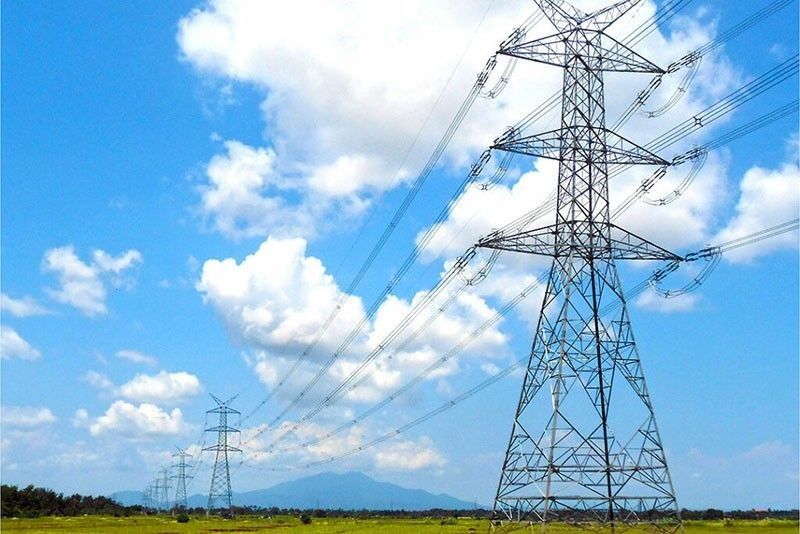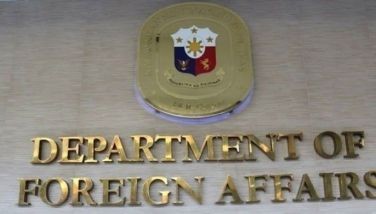NGCP a Filipino company, exec tells lawmakers

MANILA, Philippines — Allaying fears of being a Chinese-run company, an executive of the National Grid Corp. of the Philippines (NGCP) told officials of the House of Representatives that the company is run by Filipinos, and is not controlled in any way by Beijing.
“The Chinese do not have control over the grid. There is no proverbial single red button that can instantly turn off the grid. There are protocols that actually prevent this,” NGCP vice chairman Henry Sy Jr. told the House committee on legislative franchises Thursday.
The Philippines and China are at loggerheads due to the latter’s repeated incursions in the West Philippine Sea, which it consistently claims despite the fact that such body of water is squarely within the country’s 200-mile exclusive economic zone, pursuant to international laws.
“The State Grid Corporation of China does not exercise control over the power grid nor over NGCP,” he clarified, noting that SGCC was already on board and the shareholders agreement was already in place when he purchased his shares in 2010.
Sy also debunked reports that the Chinese can shut down the country’s power grid, stressing that “it is NGCP alone, through its Filipino directors and personnel, and not the Chinese, which has control over the System Operations.”
NGCP reiterated that it is a Filipino-led company, with 60 percent of its shares owned by Filipinos.
The consortium comprised of domestic firms Monte Oro Grid Resources Corp., Calaca High Power Corp. and SGCC won the bidding for the operation of the country’s transmission grid for a purchase price of $3.95 billion.
Monte Oro Grid Resources and Calaca own a total of 60 percent in the company, while State Grid Corp. of China only holds a minority share of 40 percent, meeting the law’s requirement for foreign investors.
Sy declared that the SGCC’s shareholding in NGCP is “consistent with the 1987 Constitution.”
He added that NGCP’s supervisory control and data acquisition or SCADA system is a “secure stand-alone, isolated system not connected to any other network or internet, which thus makes it safe from remote hacking.”
At the same time, Sy also underscored the need for stability, not just in the power grid, but also in supply, law, policy and regulation for a more robust power industry.
“I strongly urge our Department of Energy to look at the problem as a whole. The data is clear, 97 percent of the power interruptions from 2016 to 2023 was caused by problems in supply,” he pointed out.
“We need stable, affordable baseload power. We need a comprehensive, aligned plan that considers the needs of all sectors. We are willing to be part of the solution, but transmission should not be the solution to everyone’s problems,” he said.
- Latest
- Trending































